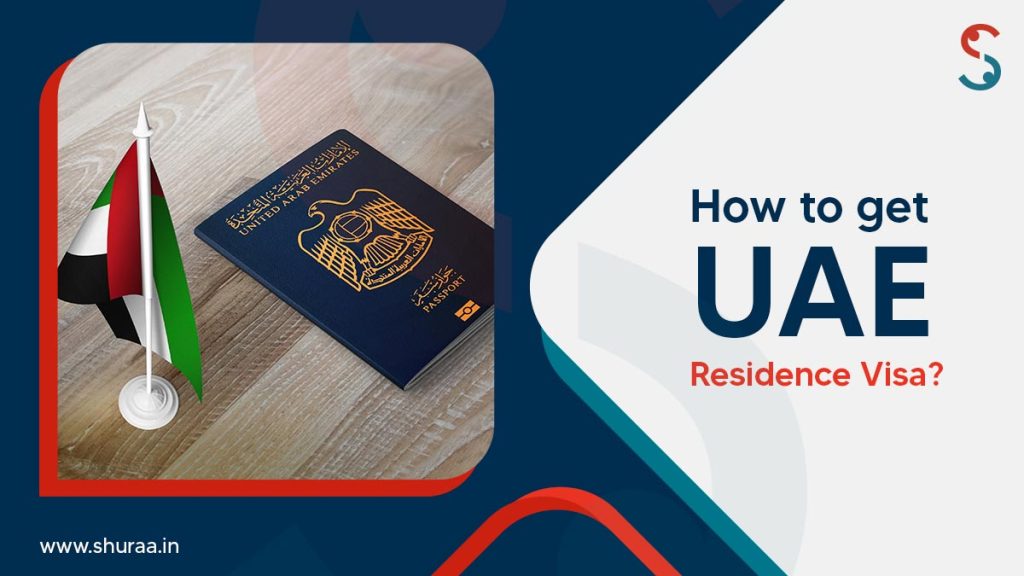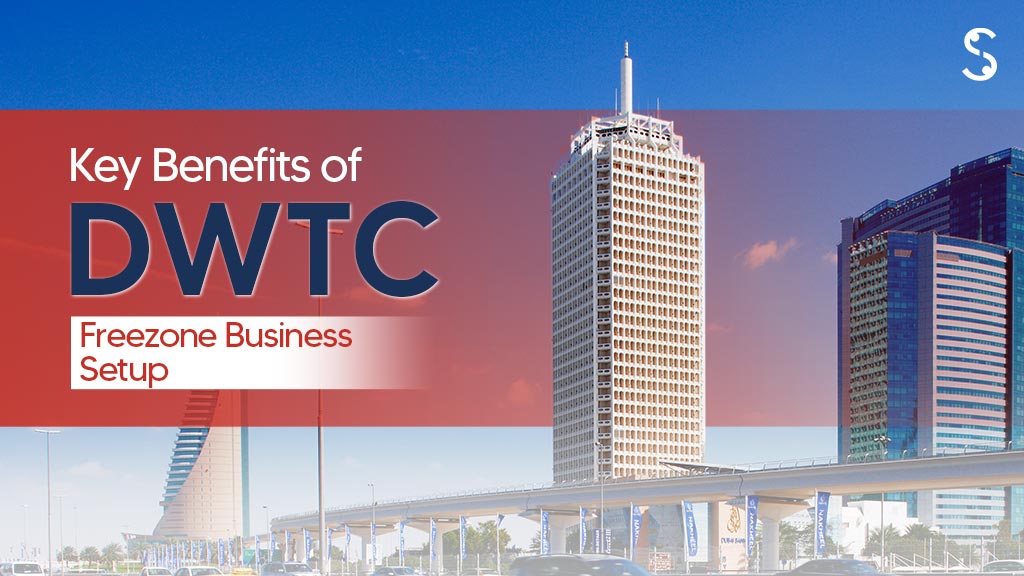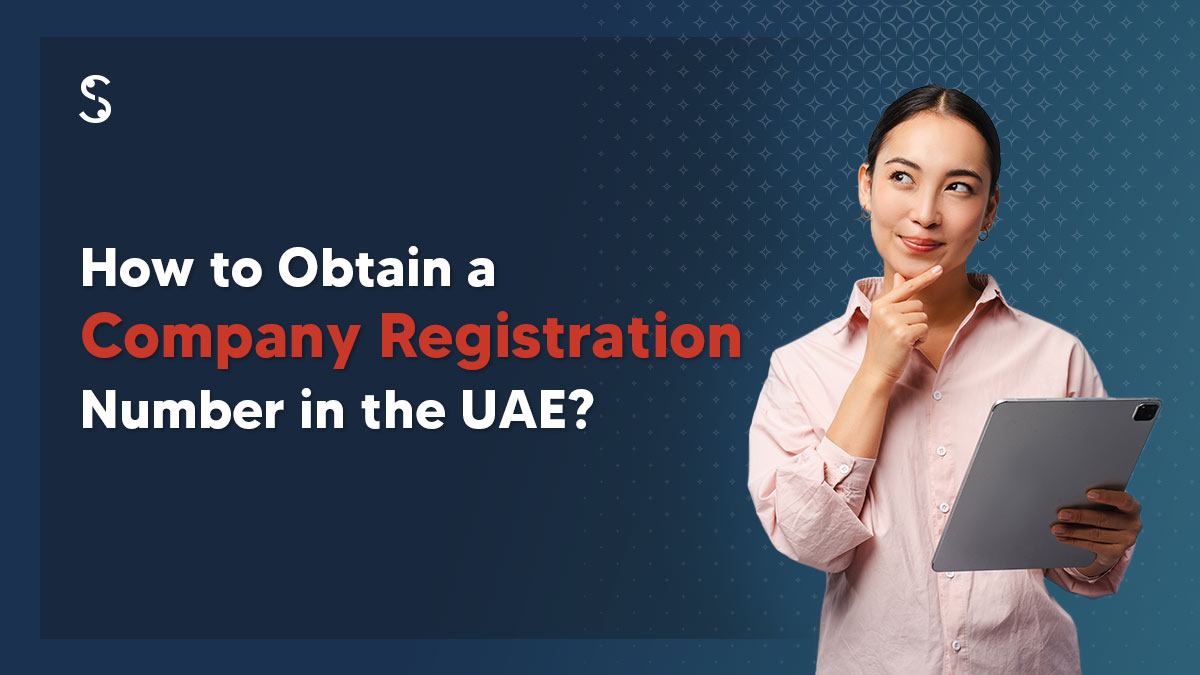The United Arab Emirates (UAE) has long been a top destination for expats looking to live and work in a dynamic environment. With its booming economy, tax-free incentives, and year-round sunshine, it's no wonder many dreams of calling the UAE home. One of the key attractions for many expats is the opportunity to obtain a UAE residence visa, which opens up a host of benefits, including the ability to reside and work in the country for an extended period of time, access to world-class healthcare and education facilities, and the potential to sponsor family members.
If you're considering a move to the UAE for work, retirement, or simply a change of scenery, understanding the ins and outs of obtaining a residency visa is essential including the process, 2 years residence visa Dubai cost, UAE residence visa renewal, and much more.
What is a Residence Visa in the UAE?
A residency visa in the UAE is a document that allows foreign individuals to live and work in the country for a longer period, typically ranging from 2 to 10 years. It's different from a visitor visa which is for shorter stays.
Unlike some countries, most residency visas in the UAE require a sponsor. This sponsor can be:
- Employer: For employment visas, the company you'll be working for acts as your sponsor. They initiate the visa application process and handle the paperwork.
- UAE Resident: If you're not tied to a specific job, a UAE resident can sponsor your visa. This is typically seen with family members where a husband sponsors his wife's visa and vice versa.
The sponsor system essentially takes responsibility for your immigration status. It assures the government that you have a reason for being in the country and someone to vouch for you.
There are exceptions though. The UAE recently introduced a new visa option called the Green Visa which allows freelancers, self-employed individuals and even some skilled employees to sponsor themselves for a five-year residency visa. This eliminates the need for a company or a UAE citizen as a sponsor.
Types of Residence Visas for UAE
There are various types of UAE residence visas to cater to different purposes of stay. Here are some of the most common ones:
1. Employment Visa
This is the most common type of visa, issued to individuals who have secured a job with a UAE-based company. The employer acts as the sponsor and handles most of the visa application process. 2 years employment visa Dubai price generally ranges between AED 3,000 to AED 7,000. To know the exact cost consult your employer
2. Investment (Investor) Visa
The UAE Investment Visa (long-term residency) is for foreigners who make a significant investment in the UAE. This visa is valid for a longer period than other resident visas (up to ten years) and does not require a sponsor if you qualify.
Read More about How to get an investor visa in Dubai3. Family Visa
This visa is reserved for close family members of UAE citizens or international residents.
4. Student Visa
This visa is for international students enrolled in a UAE-based educational institution. The university or educational institute acts as the sponsor for the visa application.
5. Retirement Visa
This visa is for individuals aged 55 and above with a good monthly income (around AED 20,000 or more) to comfortably retire in the UAE. They can also be sponsored by a UAE resident child.
6. Business Visa
As a part of the UAE’s visa system, a business visa is a residency permit that allows foreign investors to work, stay, and run their business operations.
Read More about How to Apply for a Business Visa to UAE.7. Green Visa
This is a relatively new visa category. It is a five-year renewable visa aimed at attracting skilled professionals, freelancers, and entrepreneurs. Under the Green Visa program, individuals can sponsor themselves without the need for an employer.
8. Golden Visa
This is a long-term visa (either 5 or 10 years) aimed at attracting high-net-worth individuals, investors, entrepreneurs, and specialists in specific fields.
Read More about How to apply for a UAE Golden Visa.What Documents are Required for a UAE Residence Visa
The following is the list of the documents that you require for your UAE Residency visa:- Completed UAE Visa Application Form
- Original Passport (with at least 6 months validity remaining)
- Passport-Sized Photographs
- Proof of Medical Fitness
- UAE Health Insurance Plan
- Company Registration Documents (For company investor visa)
- Property Ownership Documents (For property investor visa)
The specific documents required for a UAE residency visa application depend on the type of visa you're applying for and your situation.
How to Apply for a UAE Residence Visa?
Here is the step-by-step process for obtaining a Dubai residence visa in 2025:
1. Determine your eligibility and visa type
Research the different types of UAE residency visas to identify the one that best suits your purpose. Ensure you meet the eligibility criteria for your chosen visa category.
2. Secure a Sponsor (if required)
Most UAE residency visas require a sponsor who takes legal responsibility for your stay. This can be your employer, a UAE national relative, or a university. Exceptions include the Investor Visa and the Green Visa which allow for self-sponsorship under certain conditions.
3. Apply for Entry Permit
Once you have a sponsor and a confirmed visa category, your sponsor or a visa processing agency will typically initiate the application for an entry permit. This permit allows you to enter the UAE for residency processing.
4. Medical Examination and Emirates ID
After entering the UAE with the entry permit, you'll need to undergo a medical fitness test at an approved medical facility. You'll also apply for an Emirates ID, which is a national identification card required for residents.
5. Visa Application and Collection
Once you have the entry permit, medical test results, and Emirates ID application submitted, your sponsor can proceed with the formal residency visa application. This will involve submitting the required documents through typing centres or GDRFA channels.
6. Visa Approval and Collection
After processing, the authorities will notify you of the visa application decision. Upon approval, you can collect your Emirates ID and officially become a UAE resident.
Benefits of having a UAE residence visa
A UAE Residence Visa is mandatory to live and work in the country legally. Individuals intending to do business have to apply for a residence visa in the UAE. Here's a more detailed breakdown of the benefits:
1. Easy to open a bank account
If you want to open a corporate account in a UAE bank, you need to submit certain documents including your Emirates ID. Nevertheless, you need to have a UAE Residence Visa to procure an Emirates ID. It allows you to open a non-resident bank account.
2. Access to financial facilities
By having a residence visa, you can avail many financial facilities in the UAE. For instance, you can easily apply for a car loan, personal loan, or mortgage without any potential legal troubles.
3. Easy to obtain a driver’s license
A driver’s license could be one of the basic requirements for individuals moving to the UAE. A residence visa in the UAE enables the conversion of a current license into a UAE driver’s license for certain nationalities, while others can take driving lessons and a test to get their license in the UAE. Whatever the scenario is, a UAE residence visa is mandatory to get a driver’s license.
4. Access to healthcare and educational services
Health insurance is mandatory, especially when you move to another country. The cost of healthcare services can become a financial burden without this facility. In Dubai, the residents must have health insurance to cover their medical expenses, which is possible through a UAE residence visa.
Likewise, the residence visa holders can also sponsor their children, enroll them in any of the leading institutions, and provide them with the best quality education in the country.
5. Dependants sponsorship
The UAE residence visa holders are allowed to bring their spouses, parents, and children into the country, provided they meet certain salary conditions specified by the authorities. In addition, they can also sponsor visas for their maids, drivers, or other domestic workers as well.
What is the Cost of a UAE Residence Visa?
UAE residence visa fees in 2025 can be anywhere near AED 100 Application Fees. The UAE residence visa cost depends on several significant parameters, such as the applicant’s location, the length of their intended stay, the insurance required for family members, etc. For two years, the UAE Residence Visa fee is AED 3,990*.
Based on those factors, below is a specified list of the approximate Dubai residence visa costs.- UAE residence visa cost depends on the duration of your visa. The cheapest residence visa cost in UAE is approx. AED 3,990*.
- The cheapest 2-year residence Visa in Dubai costs you around AED 3,500 without medical insurance and AED 4,200 with medical insurance.
- 3 years residence visa Dubai cost for applicants in Dubai without insurance will be approximately AED 3,700 and AED 5,472 with insurance. (Expired)
- For investors Visa - Golden Visa (10 years), the cost is generally around AED 5,000* for application processing + medical test fees + typing centre charges.
- For Retirement Visa, the cost is approx. AED 3,000* for application processing + medical test fees + typing centre charges
Remember, these are estimates and the actual costs can vary. It's always best to check with the official UAE authorities or consult with one of our experts at Shuraa Business Setup for the most up-to-date fee structure for your specific situation.
UAE Residence Visa Renewal Fees 2025
You can renew your UAE residency visa as long as it's the type that allows renewal. Exceptions include visit visas or temporary work permits. It's crucial to initiate the renewal process before your visa expires. There might be penalties for late renewals.
The general process for UAE residency visa renewal involves:
- You or your sponsor (except Green Visa holders) will start the process by contacting the relevant authorities or a typing centre.
- Prepare the required documents (passport, Emirates ID, visa application form, proof of income/employment)
- Pay the associated fees.
- Medical Test (if required)
- Emirates ID Renewal
- Application fee which is typically around AED 100 (approx. USD 27)
- Issuance fee
- Typing centre fees
- Emirates ID renewal fee
- Medical insurance
- Knowledge and Innovation Dirham
Difference Between the UAE Entry Permit and Residence Visa
UAE Entry Permit allows you to enter the UAE for a specific purpose. It's valid for a short duration, typically 1 month for most visa types. With an entry permit, you cannot legally reside or work in the UAE. It's meant for activities like finalizing your residence visa application, attending events, short-term work projects, or medical treatment.
Whereas the UAE Residence Visa allows you to live and work in the UAE for an extended period. Residence visas typically range in validity from 2 years to 10 years. With a residence visa, you can legally reside, work, and sponsor family members (depending on the visa type).
Entry permits are generally not renewable, but a residence visa can be renewed upon meeting specific requirements and paying the associated fees.
Get your Residence visa With Shuraa India
Living and working in the UAE is exciting, and a residence visa makes it a reality. But getting that visa can be complicated. There's a lot of paperwork, medical checks, and legal stuff to follow. To avoid any delays or mistakes, it's wise to get help from an expert.
That's where Shuraa India comes in. We have years of experience helping people and businesses secure visas and set up shop in the UAE. We'll handle the complexities so you can focus on your dreams in the Emirates.








